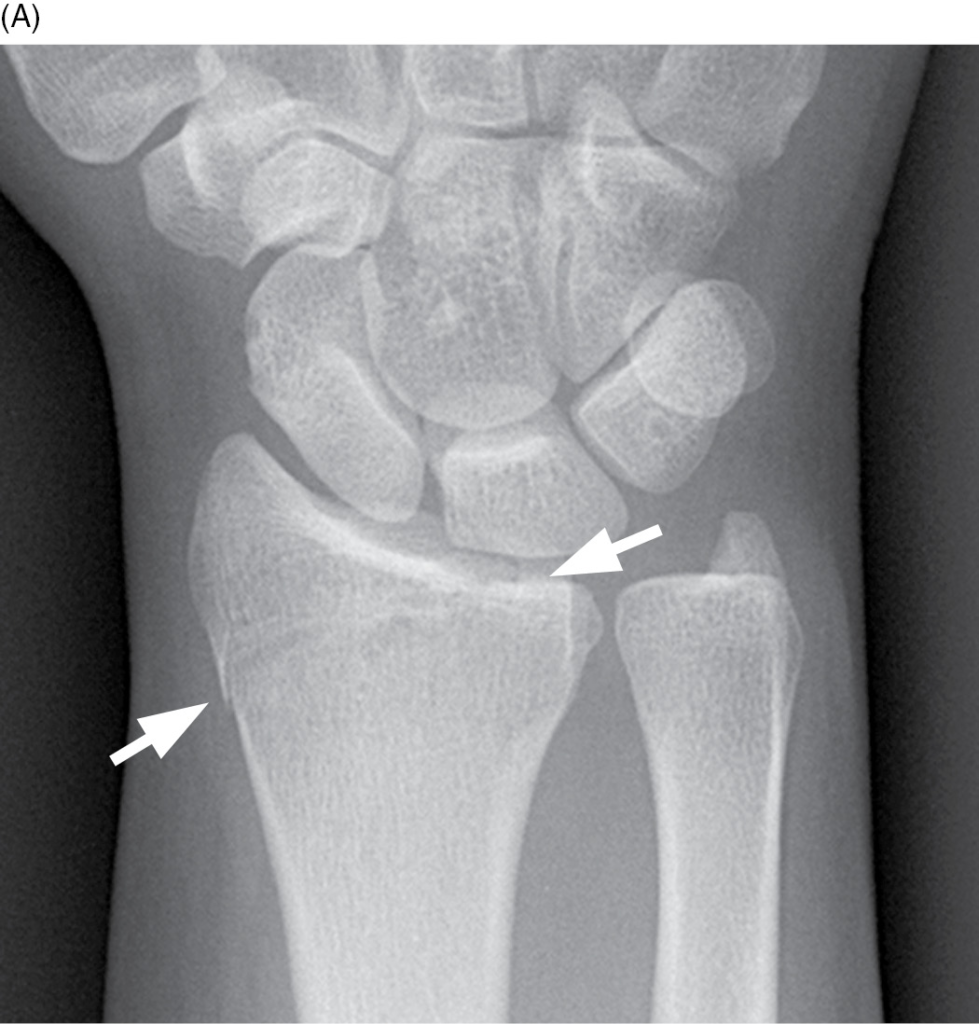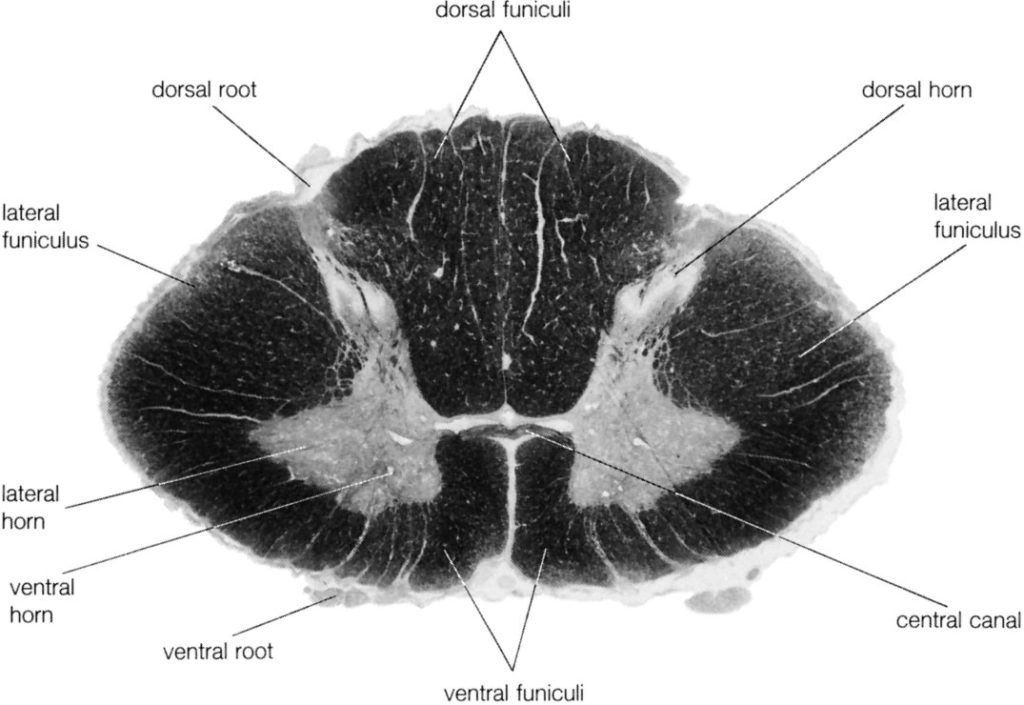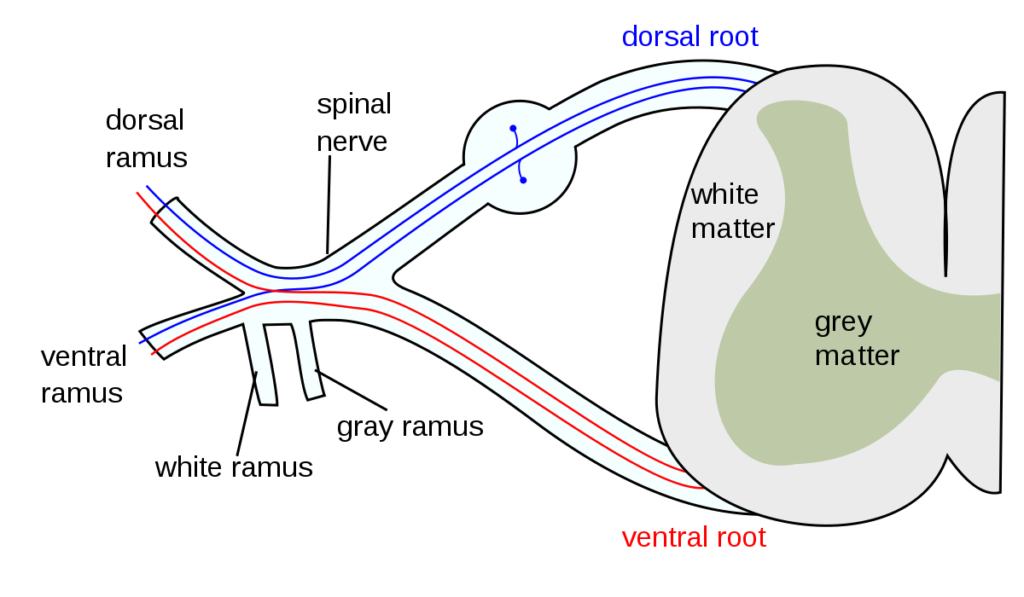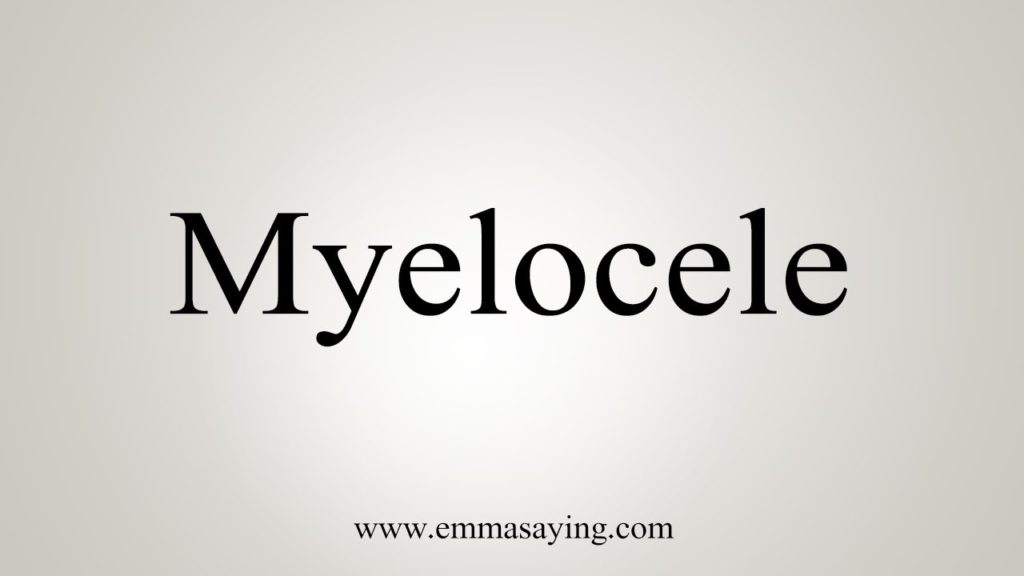by Kalu Onyemaechi

Technology comes with a host of benefits which have shaped human interests and activities, even governed our thinking pattern. Technology appears to be an inevitable innovation. A mass of sophistication that makes our lives simple.
Stuart Jeffries, in his article, “Think Digital Distractions Have Killed Our Attention Spans? Think Again,” claims that technology is only an inspiration and not an obstacle to our endeavours. He describes technology as a sort of catalyst for change.
On the flip side, Nicholas Carr, in his article, “Is Google Making Us Stupid?,” argues that technology is increasingly diminishing our intellectual tendencies. He views technology as an uneven yoke that hinders actual mental absorption.
Nowadays, the impact of this force – technology — is eroding the boredom of monotony and at the same time, drowning the humanity of its users. Comparing and contrasting both articles, these authors have conflicting perspectives on three major issues:
- Firstly, modern technology enhances intellectual multi-tasking.
- Secondly, modern technology neutralizes the sting of lengthy tasks.
- And finally, the ubiquity of modern technology is not a plague.
Jeffries believes that modern technology enhances intellectual multi-tasking. According to him, one can do a whole lot simultaneously with reasonable effectiveness.
He thinks that being engrossed in one stretched activity, like studying in a library, is tedious. He thinks technology is unnecessary in a society that demands concision. “The single-minded commitment required to read a long, absorbing book serves as a rebuke to a culture that favours those who can simultaneously email/tweet/instant message/hold up their end of a phone call/skype while live blogging the whole shebang”, he says.
Contrarily, Carr believes that a total attention to a task, like deep reading, is prudent. This is because he depicts the printed word as an embodiment of wealth which the mind needs for birthing ingenuity.
Therefore, he thinks the mind should not wander. He believes in an immersion that produces a healthy blend of ideas. “Our ability to interpret text, to make the rich mental connections that form when we read deeply and without distraction, remains largely disengaged.”, he echoes Maryanne Wolf’s take. He believes that distractions from technology only turn out mediocre results.
Furthermore, Jeffries believes that modern technology neutralizes the sting of lengthy tasks. He argues that length is not necessarily the hallmark of excellence. He reckons that books which have almost non exhaustive number of pages are tiring to the average reader.
At present, technology has boosted the potentials of TV series in such a way that it can hold the attention of hundreds of viewers, even making them crave for the next. “It seems to me that TV drama has risen to its supreme position because of its unique ability to overcome or buck the trend in the short-attention-span society”, he cites George Potts, a graduate student behind the University College London seminar.
He backs Potts’ thought that TV series has eclipsed long novels because of the magic of technology. On the other hand, Carr believes that modern technology is in fact the very sting that disorients the neurological formations in our brains.
This effect alters our cognitive abilities and truncates our attention span. He argues that man will be a lot better without interference from machines. “The media or other technologies we use in learning and practicing the craft of reading play an important part in shaping the neural circuits inside our brains”, he says. Carr laments that if this is not checked, man will lose his uniqueness.
Finally, Jeffries believes that the ubiquity of modern technology is not a plague. He opines that it now smoothens the progress of meditation and offers a sense of wellbeing.
It provides a sort of paradise, however illusionary, which takes our mind away from bugging issues. “No wonder … that Netflix has done so well since it established itself in the UK last year. It dangles before us an escape from an irksome world,” he says.
He thinks that the pressures from our routines are burdensome and therefore need to be ameliorated. On the contrary, Carr thinks that technology has made humans become robots.
He shows the submission of Italian humanist Heironimo Squarciafico who thinks man has become mentally dormant due to the undemanding access to information that technology has brought.
Carr believes that, void of the intrusion of technology, man can be truly, independently intelligent. “In the quiet spaces opened up by the sustained, undistracted reading of a book, or by any other act of contemplation, for that matter, we make our own associations, draw our own inferences and analogies, foster our own ideas.”, he says.
To him, technology bombards the mind with an avalanche of unwarranted information that only numbs the mind, depriving it from profound thinking. He renders the reliance on technology as cancerous.
Quite frankly, the clash in both varying views leaves one in a dilemma. We can lean toward Jeffries’ argument and see a gate which offers us a chance to explore. A gate that opens up a boundless world of possibilities.
One which exposes us to a gospel that technology has enhanced the appeal of the traditional media. But just when we were lost in our reverie, we felt a prickly nudge on one’s back. Carr drags us a long way back with his argument.
He derides the whole fuss about how technology has greatly ‘improved’ our lives. He portrays it as a façade. A cage that won’t let one out to know oneself, to explore one’s humanity. His perspective makes one feel like one has scarcely tapped into one’s potential because of this complex design called technology.
Hence, we are in the middle of two warring ideas. One is seductive, the other liberating. Should we enter the gate and foster this prosperous alliance, disregarding its consequences? Or should we cut ties with our taskmaster, breaking out from the fashionable cage? Would either of both be easy and satisfying?
Or perhaps an integration of both philosophies would suffice. Apparently, it would take a lot of discipline. But a decision has to be made anyway, and from a candid, all-embracing viewpoint. Ignoring technology is like ignoring life itself. It is now a fundamental part of our existence.
Also, we must be reminded that we don’t have to be enslaved by its enchantments. Like fire, abuse it, and it consumes you. Or use it, and it illuminates your path. Let technology be a guide and not a dictator. Let us become the guided and not the subjects.













